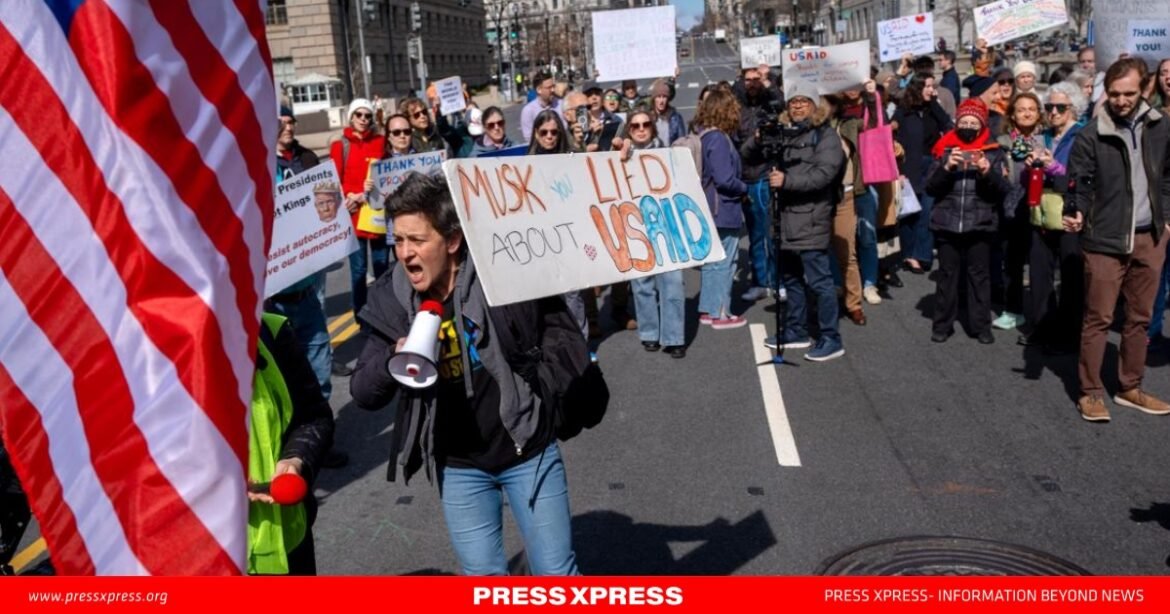A U.S. federal judge has blocked the Trump administration’s efforts to dismantle the U.S. Agency for International Development (USAID), ruling that the actions of the Department of Government Efficiency (DOGE), headed by billionaire Elon Musk, violate the U.S. Constitution. In a landmark decision on March 18, Judge Theodore Chuang issued an indefinite injunction halting further cuts to the agency, which has been a critical player in U.S. foreign aid for more than six decades.
The ruling comes after a contentious legal battle involving USAID employees and contractors, who argued that Musk and DOGE have exceeded their constitutional authority. The judge’s decision mandates the restoration of email and computer access for all USAID employees, including those placed on administrative leave during the restructuring process. However, the ruling stops short of fully reversing all layoffs or resurrecting the agency to its pre-dismantling state.
Judge Chuang found that Musk’s public statements, including his controversial remark that he had “fed USAID into the wood chipper,” revealed his substantial control over DOGE. The ruling challenges the Trump administration’s assertion that Musk was merely serving as an advisor. The judge emphasized that, under Musk’s influence, USAID had been “effectively eliminated,” raising concerns about the agency’s ability to fulfill its statutorily required functions.
The lawsuit, brought forward by the State Democracy Defenders Fund, argued that Musk and DOGE were wielding powers typically reserved for elected officials or those confirmed by the U.S. Senate. In his ruling, Judge Chuang acknowledged that the dismantling of USAID represented a severe blow not only to the agency but also to the stability of U.S. governance. He stated that DOGE’s approach was like “performing surgery with a chainsaw instead of a scalpel,” causing harm to both the people USAID serves and the broader American public.
The Trump administration’s aggressive move to reduce USAID’s operations began in February, when it placed most of the agency’s global staff on leave and announced the firing of at least 1,600 employees. This action was part of a broader initiative by the administration to cut back on U.S. foreign aid programs, which it has repeatedly criticized as wasteful and aligned with a liberal agenda.
The ruling marks a significant legal victory for those challenging the dismantling of USAID, with critics calling the decision a step toward restoring accountability and oversight to the federal government. Norm Eisen, executive chair of the State Democracy Defenders Fund, hailed the ruling as a victory for constitutional principles, noting that it underscores the need for transparency and lawful processes in government restructuring.
While the Trump administration has defended the cuts as part of a broader effort to eliminate government inefficiency, the court’s intervention highlights the legal limits of executive power. For now, the future of USAID remains in limbo, with the agency unable to fully resume operations but prevented from being further gutted by DOGE’s actions.


